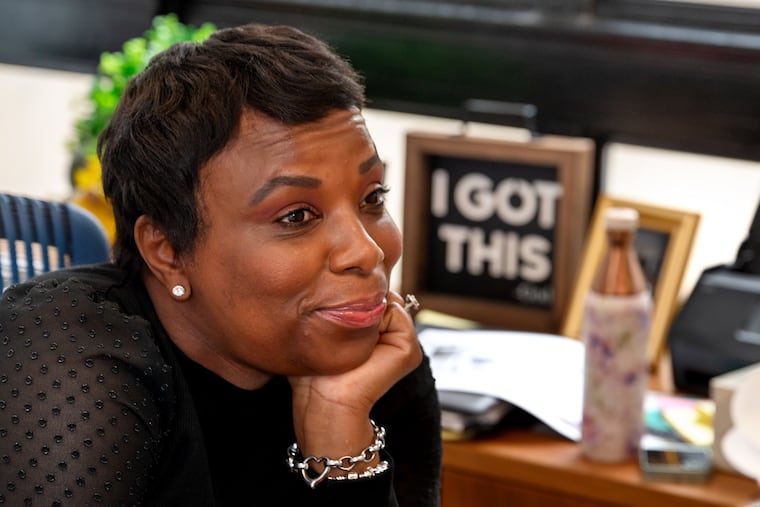Philadelphia Police Department opens new office to support families of crime victims.
In an era marked by escalating gun violence and its tragic consequences, Philadelphia’s approach to supporting victims of crime is undergoing a significant transformation. Following the appointment of Kevin Bethel as the city’s police commissioner in 2024, the Philadelphia Police Department took a momentous step by establishing its inaugural office dedicated to aiding crime victims. This initiative, launched in February, seeks to restore dignity to families who have long felt neglected in their time of need.
Commissioner Bethel, a seasoned veteran of the department with thirty years of experience, has expressed a clear intention to address the gaps in support for victims’ families. He acknowledges the emotional struggles that these families face, having witnessed firsthand their pain during his tenure in law enforcement. Bethel emphasized the need for the department to assume responsibility for these victims and their families, asserting that to effect change and serve the community properly, the police must lead the charge in providing support.
The newly formed office is backed by an annual budget of approximately 0,000 and plans to employ a team of 20 advocates. These advocates will offer emotional support and connect victims of homicides, shootings, and vehicular incidents to essential services within 24 to 48 hours of an incident. This endeavor is especially timely, as families impacted by violence often experience a void of communication, leaving them in a state of confusion and despair as they seek answers.
Leading this office is Ayanna Greene-Davis, who brings a deeply personal perspective to her role. At the age of 18, she lost her brother, Emir, to a drive-by shooting. The tragic event spurred her mother and sister to found the EMIR Healing Center, aiming to provide the support that was sorely lacking at that time. Greene-Davis, who has spent two decades advocating for victims and their families, is committed to ensuring that no family feels the same sense of isolation she once did. Her goal is to create a space where victims can express their needs, rather than having others dictate their experiences.
While skepticism often emerges from pledged reforms and initiatives, there is a palpable sense of hope surrounding this new office. Greene-Davis envisions a more coordinated approach to the existing services available to crime victims, emphasizing that what communities need is not additional programs, but rather improved communication and accountability within the systems already in place.
As Bethel takes on the mantle of leadership, he has shown a willingness to engage with the community and confront challenges directly, contrasting with the past dynamics of the department. The establishment of this victim advocacy unit signifies a crucial shift toward a more compassionate and responsible law enforcement framework, aiming to transform the experience of families grappling with the aftermath of violence.
As the city watches this new initiative unfold, there is cautious optimism that it may indeed serve as a beacon of hope for those who have long been left in the dark. For Philadelphia’s grieving families, the promise of support and understanding is long overdue, and there is a growing belief that this office could finally fulfill that essential promise.







